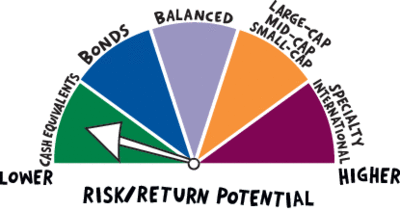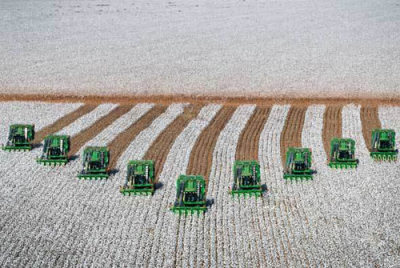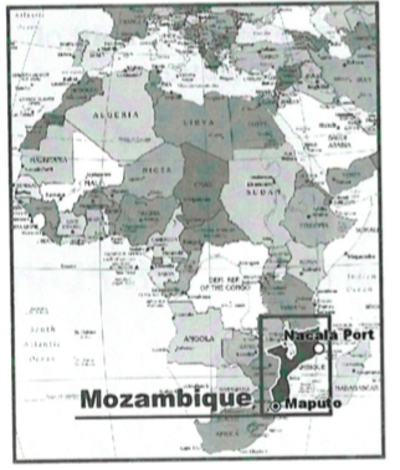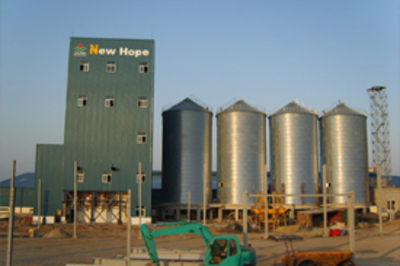Olam dismisses Muddy Waters report findings
- Olam
- 28 November 2012
Olam's rebuttal provides new information on its rice farming operations in Nigeria, including its cooperation with the Africa Rice Centre of the CGIAR.

Olam's rebuttal provides new information on its rice farming operations in Nigeria, including its cooperation with the Africa Rice Centre of the CGIAR.

Farmland and timberland are now separate asset classes, the UK's Pension Protection Fund has asserted in its revised investment principles.

Investment and pension funds are buying up Brazilian farmland and steadily pushing up the prices of Brazil's productive tropical farmland.

In large-scale land acquisitions, local communities are often insufficiently compensated, under-consulted, and left with their livelihoods threatened.

These documents from 2012 include the "Triangular Work Plan" and reports for the "Agricultural Development Master Plan"

The National Family Farm Coalition is excited to announce the launch of its new Land Monitor site, an online hub for documenting on-the-ground stories of farmland grabs in the US.

The proportion of PPF's £12bn portfolio of assets allocated to farm and timberland will vary over time and depend on the opportunities available now and in the future.

Includes presentations on large-scale farmland investment in Sudan by public and private sector representatives.

Phatisa’s small-cap vehicle, the African Agriculture Fund (AAF) small and medium sized enterprise (SME) fund has sealed its first investment, backing Cameroon-based West End Farms.

Blackstone Group LP and China agribusiness company New Hope Group are through to the final round of bidding for Australia's largest poultry producer Inghams Enterprises, a deal that could be worth as much as A$1.4 billion

Part of the $210 million that the Pembani Remgro Infrastructure Fund and the Carlyle Group will invest in the Export Trading Group will be invested in Mbeya rice farms In Tanzania, where the group would cultivate rice and barley.

Black Earth Farming lauded the Russian government's decision to keep grain export markets open, despite a poor national harvest, crediting it for helping the group achieve its best quarterly results as a listed company.